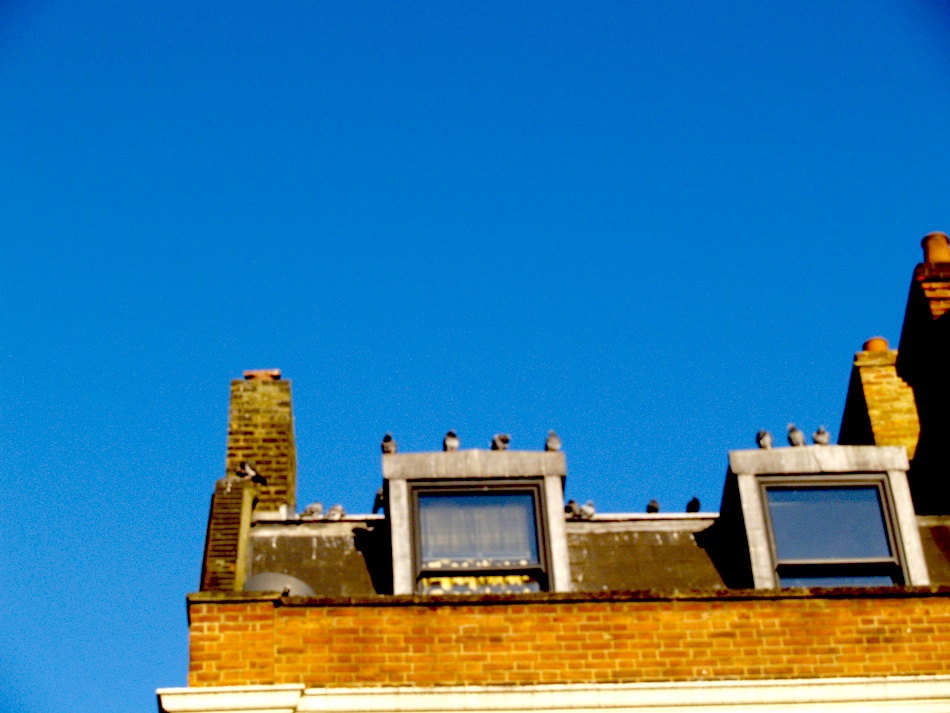REVERIES OF A SOLITARY RUNNER III: following the footsteps of runner-writer Dr George Sheehan (1975)
The words of Dr George Sheehan resonate deeply in the world of running. Such a cult figure he is that his book titles include his name (not just On Running, but Dr Sheehan On Running, 1975 Bantam). As a (still relatively) new runner, we are beginning to read his work, and do enjoy his discussion of the relationship between running and writing – a topic that cult novelist Haruki Murakami talks at length in his What I Talk About When I Talk About Running. What we wish to highlight in this post is what he says with regards to the loneliness of a long distance runner, which echoes the laments of Rousseau and Qu Yuan in their flights, actual and metaphorical. While we do not agree with everything he says that is quoted here, we like his unapologetic approach, his assertion of his individuality (many [non-runners] will call this selfishness). His defiance and irreverence remind us too of the gentle anarchism of Lao Zi, whose renouncement of court duties and wanderings were tactics of resistance. Interestingly, we note that Sheehan was not quite solitary enough however to not give talk after talk (hence also establishing a cult following) – and to not have fathered not one but TWELVE children, an activity that we know requires more than one (unless there are scientific interventions, of course)…
Page 42:
Runners are solitary and cerebral rebels in silent and meditative protest against our modern ways.
A world composed solely of runners might be unworkable, but a world with them will be unliveable.
Page 44-45
There is a metaphysical lawlessness about running. The runner puts himself above law, above society. He is a law unto himself.
The runner follows no one’s law but his own. He cares for little but the workings of his own mind and body. He would, as one runner told me, rather give up his best friend than give up running. He cares even less for this institutions that protect and support him. He despises authority and, if anything, agrees with Auguste Comte, who wrote that participation in government is fundamentally degrading,
He further alienates those who see the crowd as carnival where everyone joins in, becoming one happy, amorphous glob. The runner is an ascetic. pleasure is painful to him. Singing and dancing and even talking to another human being are avoided at all costs.
When he runs on the roads, he is making a comment about life. He is, in effect, criticising the life-style of everyone who sees him. He may not want to do this, but he does. he is putting down those who smoke and drink and socialize and call everyone by their first name. He has given up on that world and those in it, and has gone inside himself. No wonder those who live by the rules, or live by community, feel threatened by him.
Seen this way, what happens to runners is the just wrath of a society pushed too far. Those who believe we should all be one, as citizens or brothers, see the runner as a loner who never will contribute to the common good. That, they say, is man’s real inhumanity to man. And they may be right. In this world, no one is innocent.


